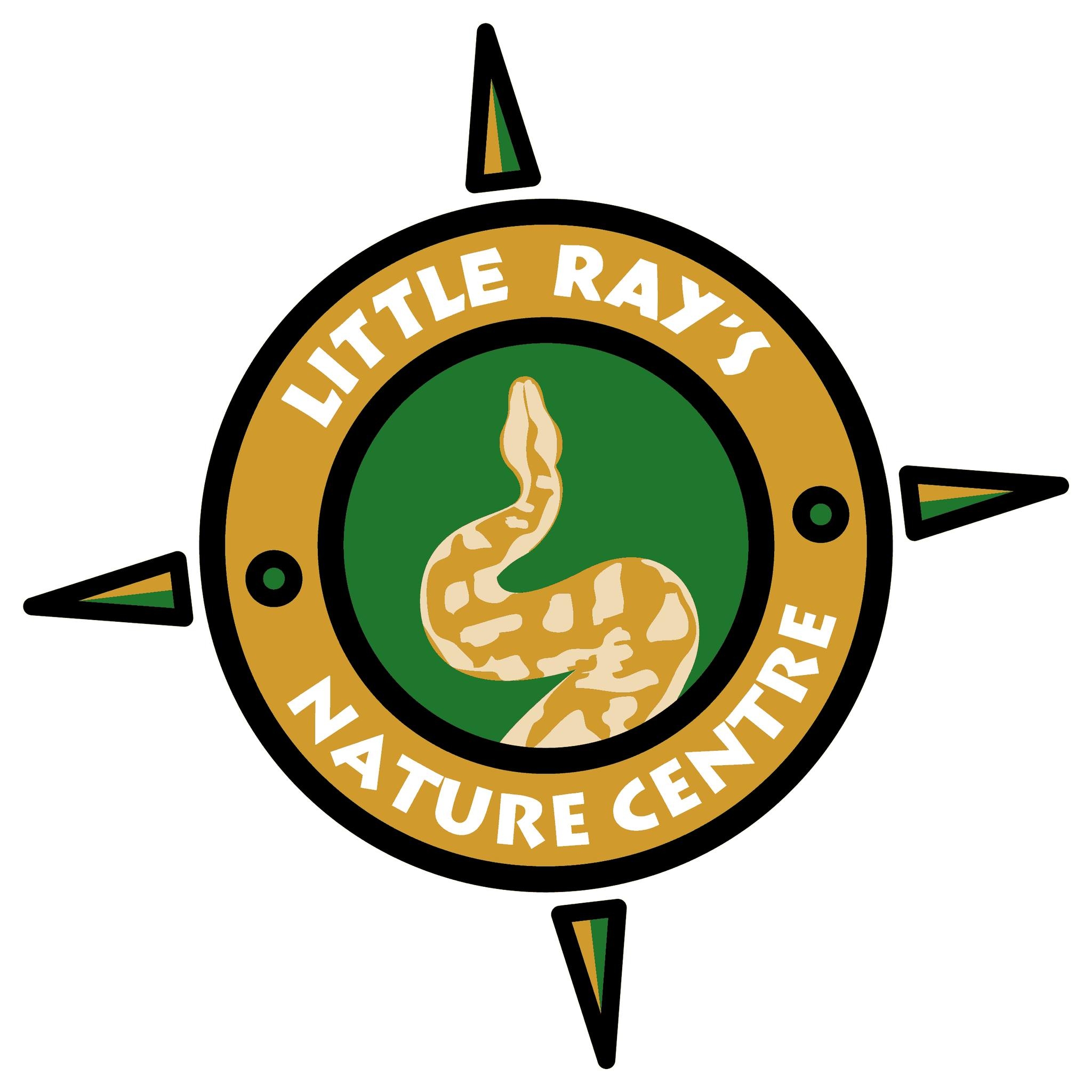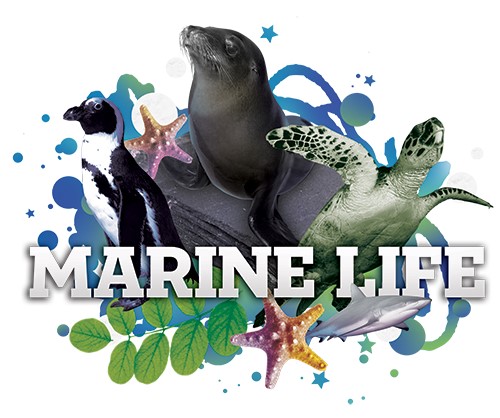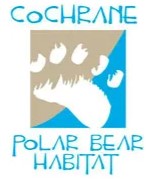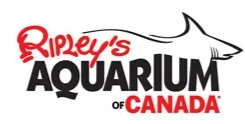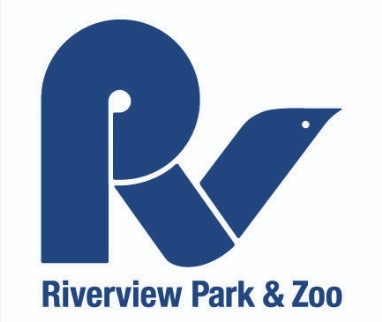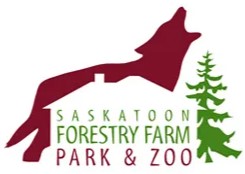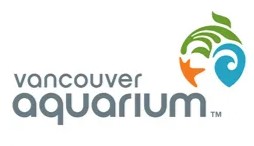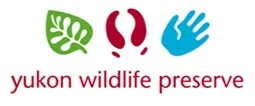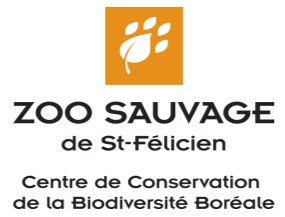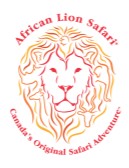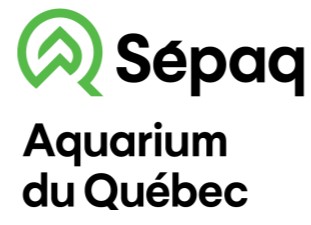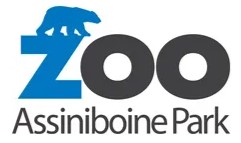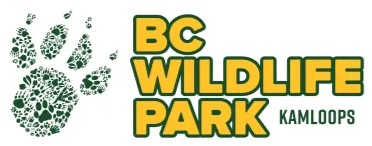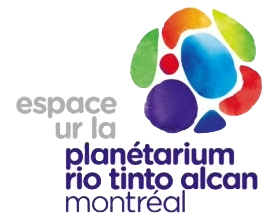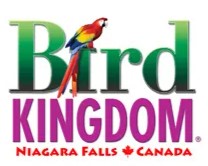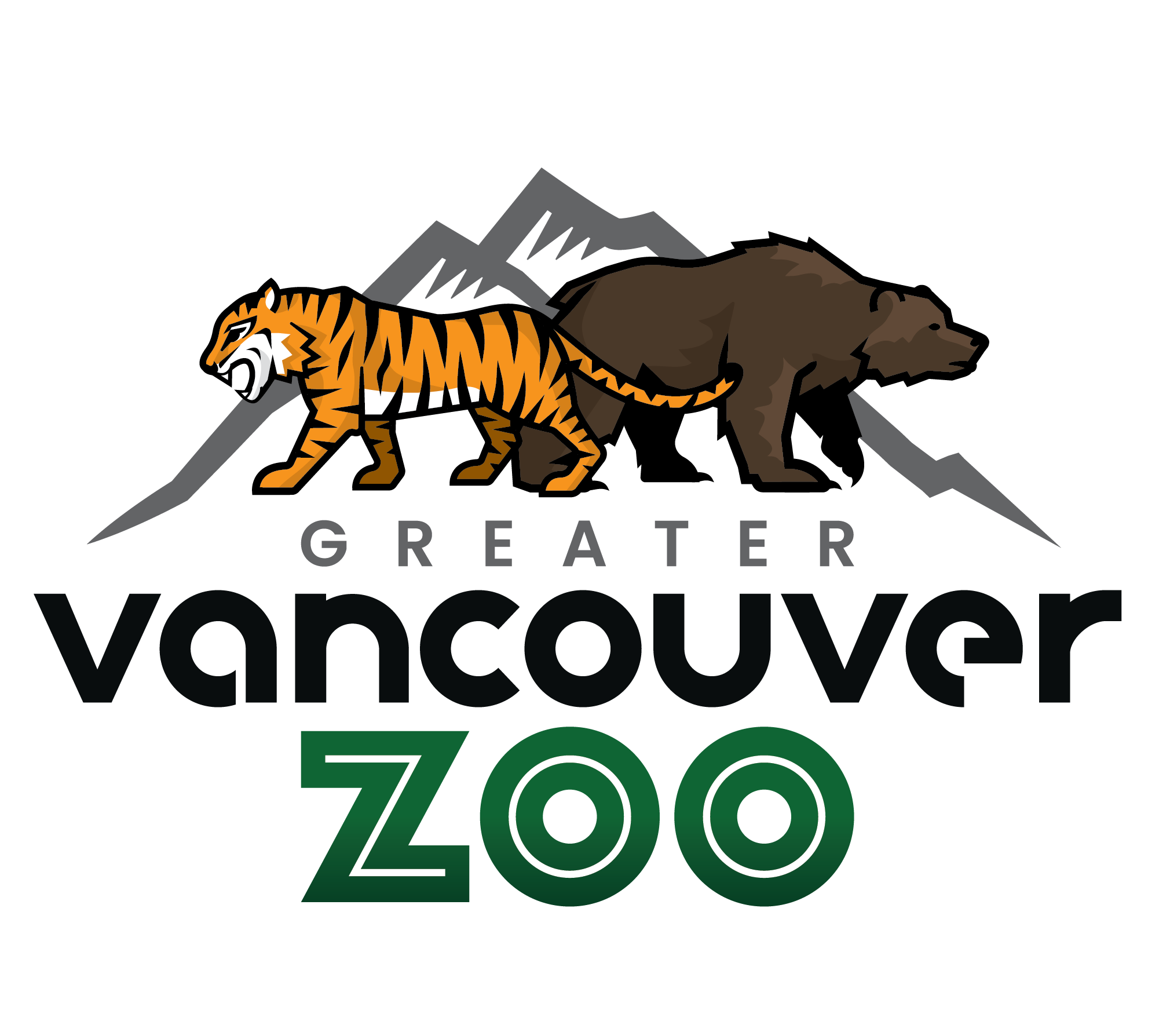Canada’s accredited zoos and aquariums have a long and distinguished record protecting, conserving and restoring biodiversity. They collaborate regularly with government agencies, NGO’s and volunteer organizations in work aimed at the preservation of species in Canada and abroad, investing countless hours of professional service and millions in expenditures and financial support.
CAZA members participate in hundreds of conservation and science programs within their facilities and are directly involved in a number of critically important field reintroduction projects, most linked directly to helping save endangered species in Canada and abroad.
Conservation is often discussed in terms of science and investments; however it is much more appropriate to think of conservation from a human perspective. As important as the scientific work done in our zoos and aquariums is, perhaps more important still is the unique role that these accredited institutions play in connecting people to nature. The Millennium Ecosystem Assessment a study mandated by former UN Secretary-General Kofi Annan in 2000 and released in 2005, concluded that our human impacts on our planet had triggered a mass extinction of species, estimated at 1,000 times faster than historical rates.
This landmark study clearly showed a critical and accelerating decline in biodiversity due to human activities: habitat loss, introduction of invasive species, pollution, human population growth, and resource over-exploitation. Climate change tops this list of human-induced threats to life on Earth.
Addressing this crisis requires a change in how humans view themselves in relation to nature, and this is where zoos and aquariums come in. Change can only be sparked by caring, and no other institution or organization can help foster the emotional connections between humans and nature like zoos and aquariums.
The observation, data collection and analysis of animals in human care have contributed a great deal to our knowledge and comprehension of the world around us.
Such study was paramount in developing the descriptive biological sciences: anatomy, morphology, taxonomy, classification, etc. Our growing knowledge in such fields as animal nutrition, reproduction, physiology and psychology regularly improves and refines our ability to offer the highest standards of care for wildlife in captivity, while also increasing our success in the management and conservation of wild populations.
Meanwhile, people-related research that examines visitors, staff and the general public offers valuable in-sight, helping improve environmental awareness and education programs.
Scientific work is conducted not only by the CAZA members institutions themselves, but often in partnership with external researchers representing other zoos or aquariums, universities, wildlife agencies and recovery teams from around the world. The dissemination of findings and results through various publications enhances the educational contribution that zoos and aquariums already make
Almost all animal species in zoos, especially those playing an important role in ex-situ conservation, require further research in a wide range of areas, e.g. husbandry, nutrition, various behavioural characteristics, interactions with the environment, medicine, reproduction, physiology, endocrinology, etc. Increased knowledge in these areas is required for improvement of longevity, well-being, reproduction, long-term conservation, and reintroduction potential.
This research is necessary to increase our general knowledge of the dynamics of in-situ and ex-situ populations. It includes: theoretical development of small population genetics and demographics, adjustment of theoretical generalizations to species specific situations, genetic and molecular genetic studies of various real populations, taxonomic studies to determine species and subspecies boundaries, improvement of population management techniques, etc.
To explore the ways in which artificial reproduction and cryopreservation techniques can support in-situ and ex-situ conservation.
Primarily species-specific, but also involves the development of general methods and techniques for assessing the viability and degree of endangerment of species, populations, and habitats. This information is basic to the formulation of action plans and priority lists for species requiring ex-situ conservation.
This is helpful to improve the content of environmental awareness and education programs to increase its effectiveness and impact on the public.
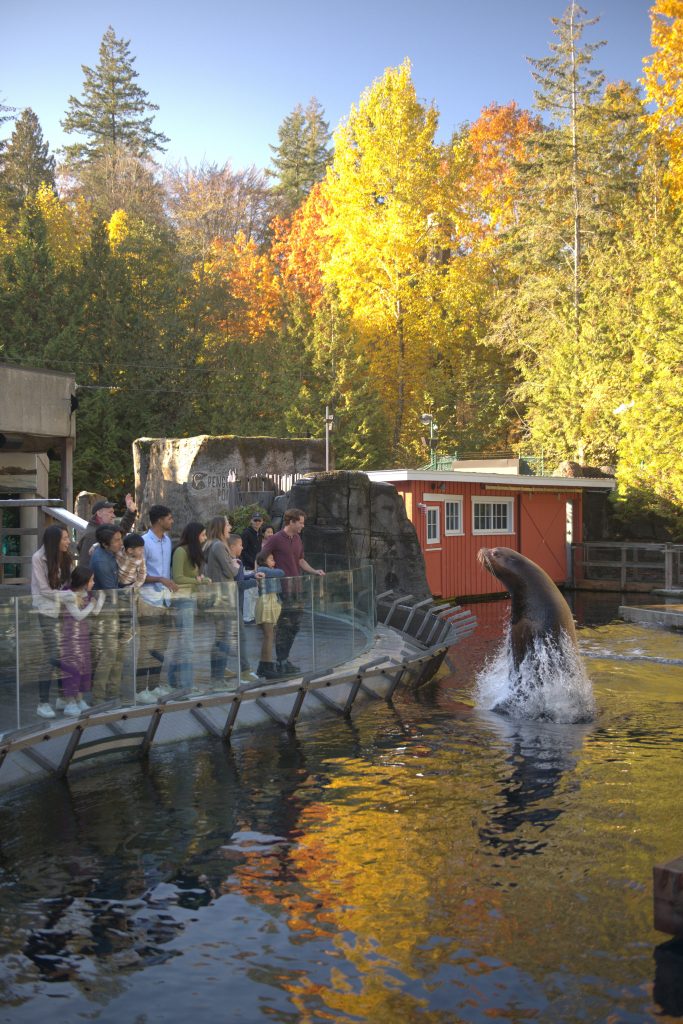
CAZA believes that we all have a part to play in protecting the natural world. By providing opportunities to millions of zoo and aquarium visitors annually to come face to face with and learn about wildlife, CAZA believes these connections motivate individuals to do their part to protect the environment and everything in it. Learning opportunities in zoos and aquariums range from a casual visit where interpreters are often on hand to impart insights into the animals, to formal education programming often developed in collaboration with schools and school boards.
CAZA member institutions also engage the public regularly through outreach programs that take the zoo and aquarium to receptive audiences that might otherwise not have the opportunity to interact with their animals.
Our first concern is the welfare of the animals in the care of our member institutions. Our zoos and aquariums are recognized the world over for their approach to animal care, and their professional conduct standards have also been incorporated into legislation and regulations of many Canadian municipalities and provinces.
To become and remain a CAZA member, zoos and aquariums must commit to upholding a rigorous Code of Professional Ethics and respect policies concerning the care, welfare and use of their animal collections, including our latest on the Use of Animals in Educational Programming.
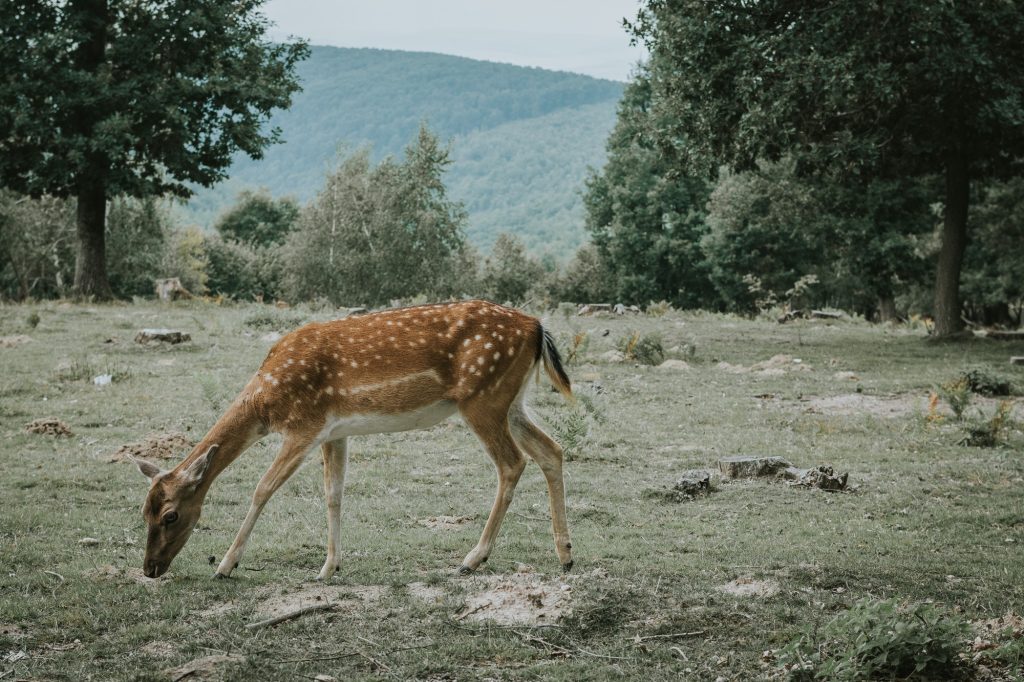
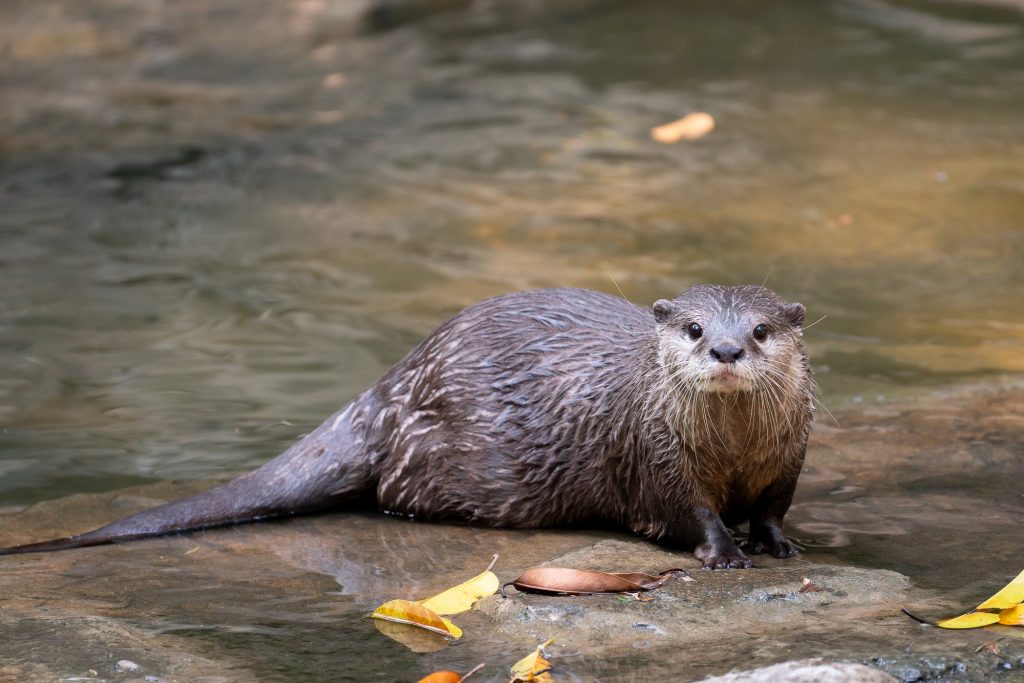
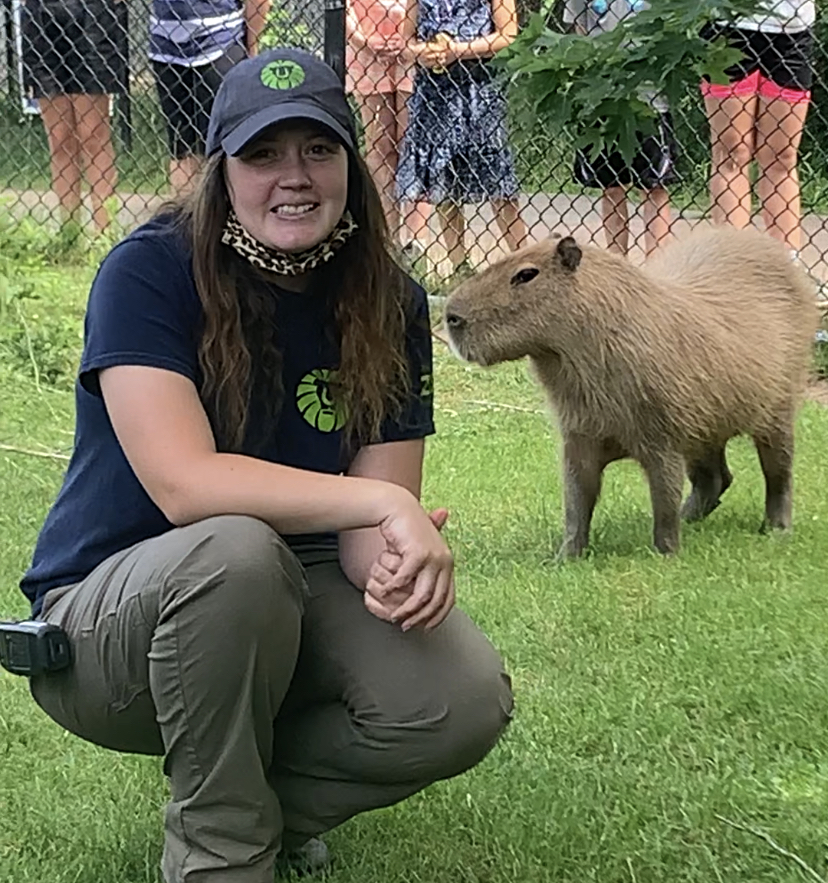
Since its inception in 1975, CAZA has worked to develop accreditation standards that have become recognized as among the best in the world. Here at home, they serve increasingly as a benchmark for quality animal care and welfare; in fact, governments at all levels have been incorporating these standards into their regulatory frameworks either directly, by making CAZA accreditation a requirement for licencing, or by reference.
CAZA is proud to be a trusted partner of provincial and municipal governments and animal welfare organizations like local Societies for the Prevention of Cruelty to Animals on a range of issues, including providing specialized assistance in enforcement actions and animal rescue and rehoming operations. While CAZA is pleased that a number of municipal and provincial governments have adopted the association’s standards as a requirement of licencing of zoos and aquariums, a number of jurisdictions continue to operate with weak or inexistent standards for the keeping and exhibition of wild animals. CAZA continues to advocate for a consistent and credible set of rules and regulations from coast to coast to coast.
For more information on CAZA’s advocacy initiatives please contact the National Office at info@caza.ca

